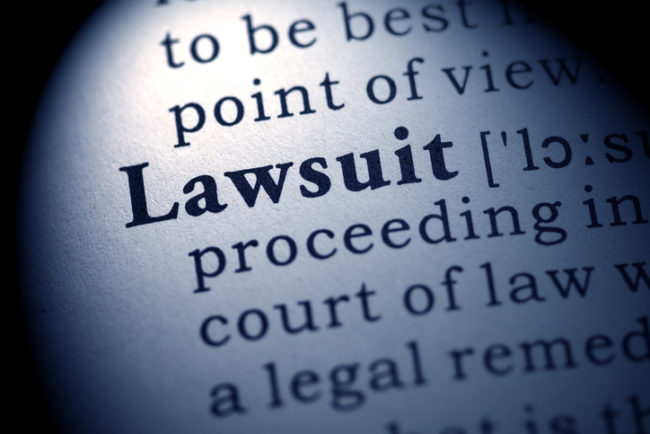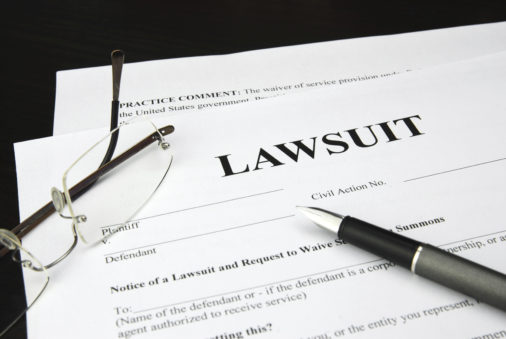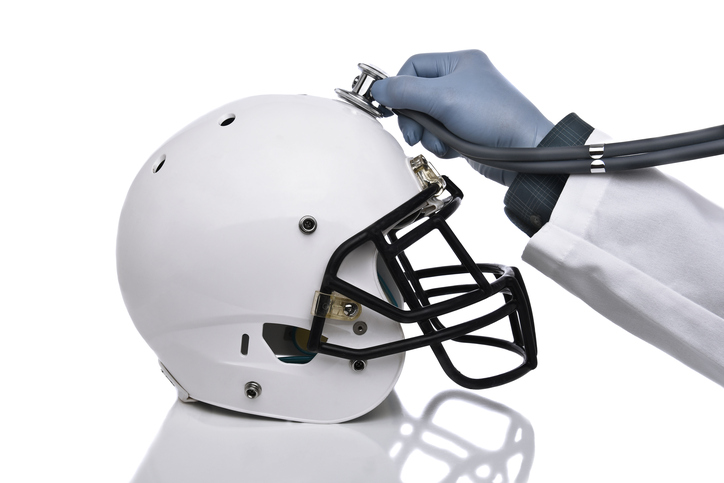There has been extensive fallout of the Houston Astros cheating scandal in baseball. From suspensions to fines to taking away draft picks, the MLB has internally disciplined the Astros. However, there has been speculation as to the potential legal consequences of the cheating scandal. On January 23, 2020, one such legal consequence became apparent when five fantasy baseball players filed a class action lawsuit in the United States District Court, Southern District of New York against the MLB, the Astros, and the Boston Red Sox. …
Continue Reading








